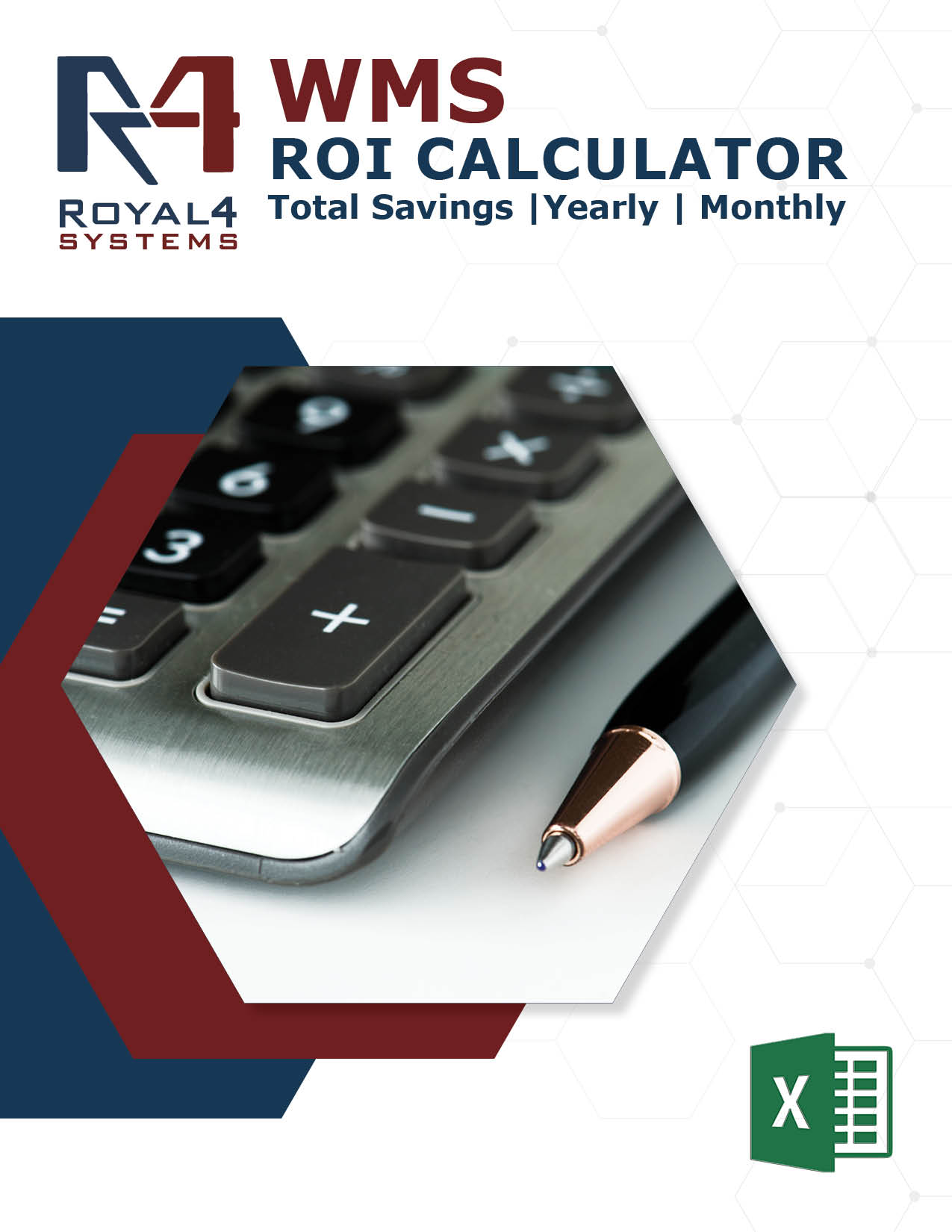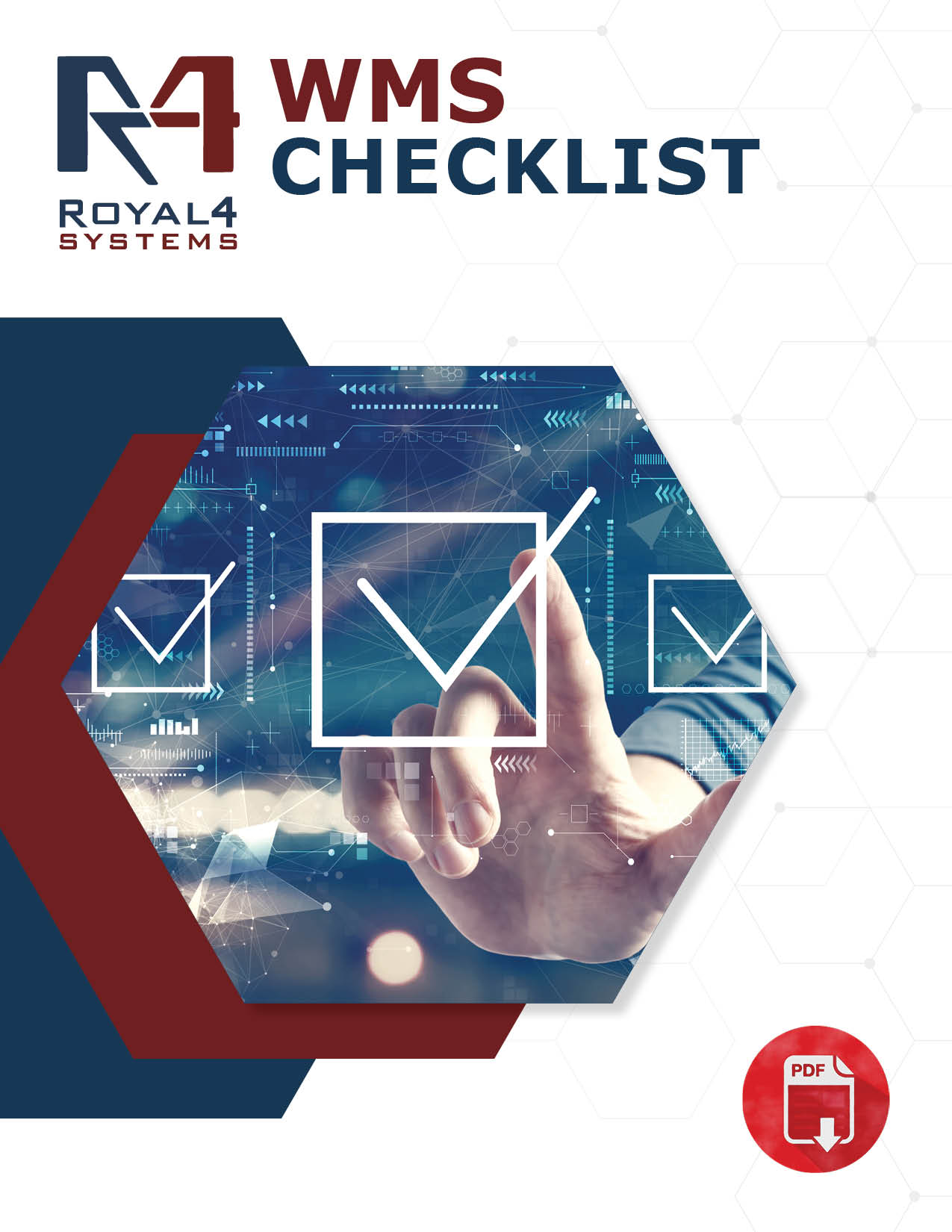
The Automotive Industry’s Complexity
The automotive industry is a testament to modern complexity, its operations spanning intricate networks. With multiple tiers of suppliers, the industry’s supply chain weaves across the globe, sourcing components from diverse corners. This complexity extends to manufacturing processes, with varied assembly techniques and technologies required for vehicles’ intricate parts. As the automotive industry continues to innovate, the role of ERP Software becomes indispensable in orchestrating the harmony required for success in this intricate symphony.
The heartbeat of success in this ecosystem lies in seamless coordination. From the drawing boards of design and engineering teams to the hum of manufacturing lines and the logistics of distribution, every step necessitates harmony. A hiccup in any department could reverberate down the chain, leading to production delays, inefficiencies, or even quality issues.
In this ever-evolving landscape, technology emerges as a bridge over these complexities. Enterprise Resource Planning (ERP) software provides a cohesive platform, uniting disparate departments and suppliers into a synchronized dance. It enables real-time insights, streamlines communication, and optimizes resource allocation.
Supply Chain Management and Globalization
Managing intricate supply chains poses significant challenges in a world driven by global interconnectedness. Sourcing components from diverse countries presents hurdles like varying regulations, lead times, and logistical complexities, which can disrupt timely production and delivery.
Here, the role of ERP software becomes pivotal. ERP offers a panoramic view across the supply chain, granting real-time visibility into inventory levels, order statuses, and shipment tracking. This transparency empowers manufacturers to foresee potential delays, identify bottlenecks, and take proactive measures. ERP’s integrated approach also streamlines supplier management, fostering smoother collaboration and risk mitigation.
By embracing ERP solutions, companies can more adeptly navigate the intricate landscape of global supply chains. This technology acts as a digital compass, guiding manufacturers through the intricacies of international commerce and facilitating efficient, on-time operations in an ever-shrinking world.
Production Planning and Just-In-Time Manufacturing
Precise production planning is vital to optimize resources and meet customer demands. However, following just-in-time manufacturing principles poses challenges due to unexpected disruptions and fluctuating markets. ERP systems play a crucial role by offering real-time insights into production schedules, demand forecasts, and inventory levels. This insight aids in agile production adjustments, minimizing delays, preventing overproduction, and aligning resources efficiently. ERP’s data-driven approach enhances adaptability, enabling manufacturers to balance efficient operations and meet customer needs.
Quality Control and Compliance
The automotive industry adheres to rigorous quality standards and stringent safety and environmental regulations. Meeting these requirements is paramount to ensuring consumer safety and environmental sustainability. ERP software plays a pivotal role by meticulously tracking and documenting each manufacturing stage. This stage facilitates comprehensive quality control, ensuring products adhere to regulatory norms. Through real-time monitoring and data-driven insights, ERP systems enhance transparency, accountability, and compliance across the automotive production process, fostering industry integrity and consumer trust.
Complex Product Configurations and Variants
Managing diverse vehicle configurations, options, and features driven by customer demands can be intricate. ERP systems offer a robust solution by handling complex bills of materials (BOMs) and managing configurations efficiently. These systems facilitate the creation of accurate assembly instructions, ensuring they use the right components for each variant. The centralized platform of ERP facilitates streamlined communication across departments, ensuring that the manufacturing process promptly reflects design changes and updates. This capability reduces errors, minimizes production delays, and enhances the automotive industry’s ability to deliver customized vehicles that align precisely with customer preferences.
Inventory Management and Parts Traceability
Managing many parts and components while upholding precise inventory levels poses challenges. The risk of overstocking or stockouts can disrupt production efficiency and increase costs. ERP solutions offer an antidote by facilitating real-time inventory tracking, providing insights into parts availability and demand patterns. With parts traceability, manufacturers can swiftly locate and address issues, reducing the risk of recalls. Furthermore, ERP’s data-driven approach aids inventory optimization, balancing meeting production needs and avoiding unnecessary holding costs. This results in streamlined operations, minimized waste, and improved overall efficiency within the automotive industry.
Aftermarket and Service Management
Managing aftermarket services, including spare parts availability and maintenance, poses challenges due to diverse product lines and customer needs. ERP software steps in as a strategic solution, streamlining service parts management. It aids in tracking warranty information, ensuring accurate claims, and reducing errors. ERP systems enhance customer service with integrated customer data, providing real-time insights into order statuses and personalized support. This cohesive approach improves spare parts availability, optimizes maintenance scheduling, and fosters a seamless post-sale experience, elevating customer satisfaction and solidifying the automotive industry’s reputation for reliability.
Collaboration Across Departments and Partners
Collaboration across automotive departments, suppliers, and partners is vital for seamless operations. ERP systems emerge as unifying pillars by providing a centralized data exchange, communication, and collaboration platform. Real-time data sharing enhances decision-making and resolves bottlenecks swiftly. Departments align more effectively, optimizing resource allocation and reducing delays. Suppliers integrate seamlessly, fostering smoother procurement processes. This improved cross-functional efficiency, facilitated by ERP’s collaborative framework, reinforces the automotive industry’s ability to navigate complexities and deliver superior vehicles, reflecting a unified commitment to excellence.
Request a Consultation
Need more information?
Solutions






![image001[25]](https://www.royal4.com/wp-content/uploads/2023/11/image00125.png)